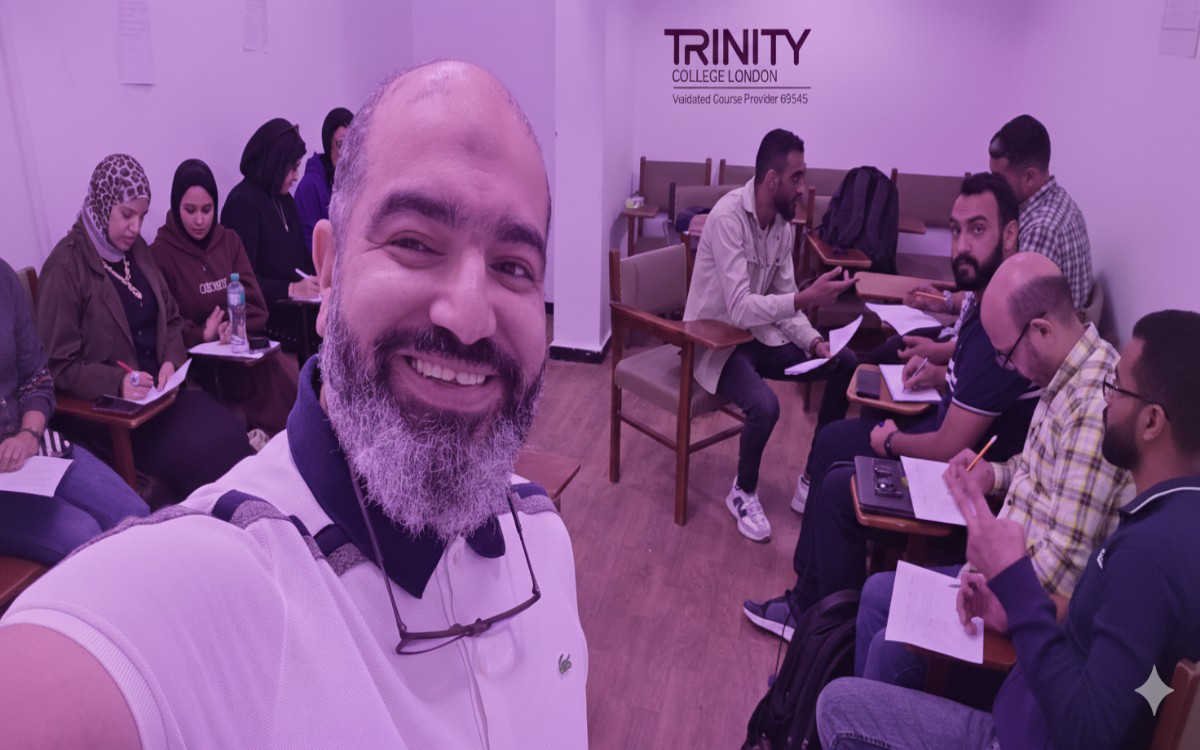
Inspirational journeys
Follow the stories of academics and their research expeditions
Enhancing Language Feedback in ELT: Celebrating Students’ Successes

Welcome to Britishey Training Centre’s blog! We are excited to share our latest video on an essential topic in the field of English Language Teaching (ELT) – the importance of language feedback. You can watch the full video on our YouTube Channel.
In the realm of language education, feedback plays a pivotal role. Traditionally, feedback has often centered around correcting students' errors, which, while necessary, can sometimes overshadow the equally important task of acknowledging and celebrating their successful use of language. This video delves into why it's crucial to shift our focus and how to implement this approach effectively in the classroom.
The Traditional Approach: Error Correction
Error correction has been the backbone of language feedback for many educators. It involves identifying mistakes in students’ speech or writing and providing the correct forms. While this method is undoubtedly essential for learning, it can sometimes lead to a negative classroom atmosphere if not balanced with positive reinforcement. Continuous correction may discourage students, making them overly cautious and less confident in using the language.
The Power of Positive Feedback
In contrast, highlighting students' correct use of language can have a profound impact on their learning experience. Positive feedback not only boosts confidence but also reinforces good language habits. When students receive praise for what they are doing right, they are more likely to continue those practices and feel more motivated to participate.
By focusing on students' successful use of language, educators can create a more positive and encouraging learning environment. This approach not only aids in language acquisition but also enhances students' overall learning experience and confidence.
We invite you to watch the full video on our YouTube Channel to explore these ideas in greater depth. Let’s embrace a balanced approach to feedback that celebrates successes and fosters a love for learning in our students.
Stay tuned for more insightful content from Britishey Training Centre. Happy teaching!
Tags:
Language feedback ELT English Language Teaching positive feedback error correction language education student success praise constructive criticism self-assessment peer feedback classroom culture Britishey Training Centre language acquisition learning environment teaching strategies balanced feedback student motivation educational video YouTube Channel language use teaching tips feedback sessions feedback journals interactive activities teacher resources0 Comments
Categories
- Britishey News 28
- Language Analysis 26
- Crazy English 15
- Professional Development 13
- TQUK TEFL Assignments 11
- Laugh & Learn 10
Recent posts





Leave a comment